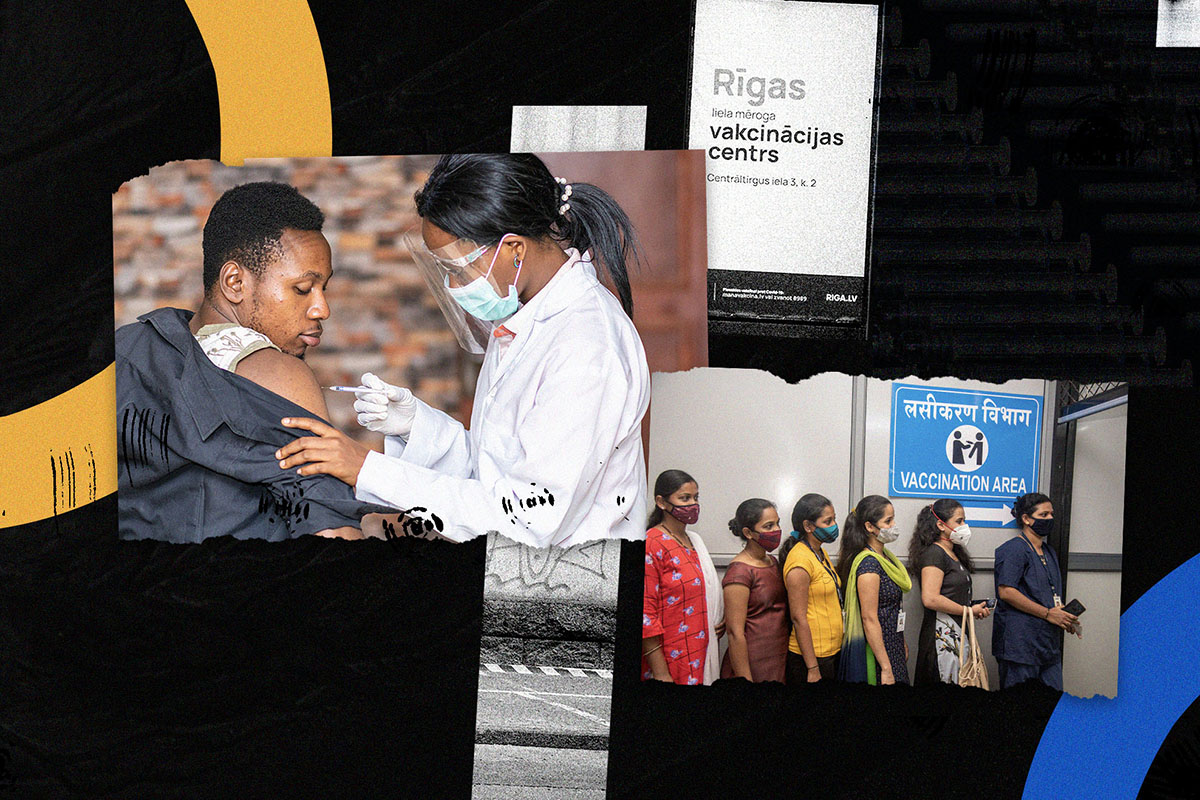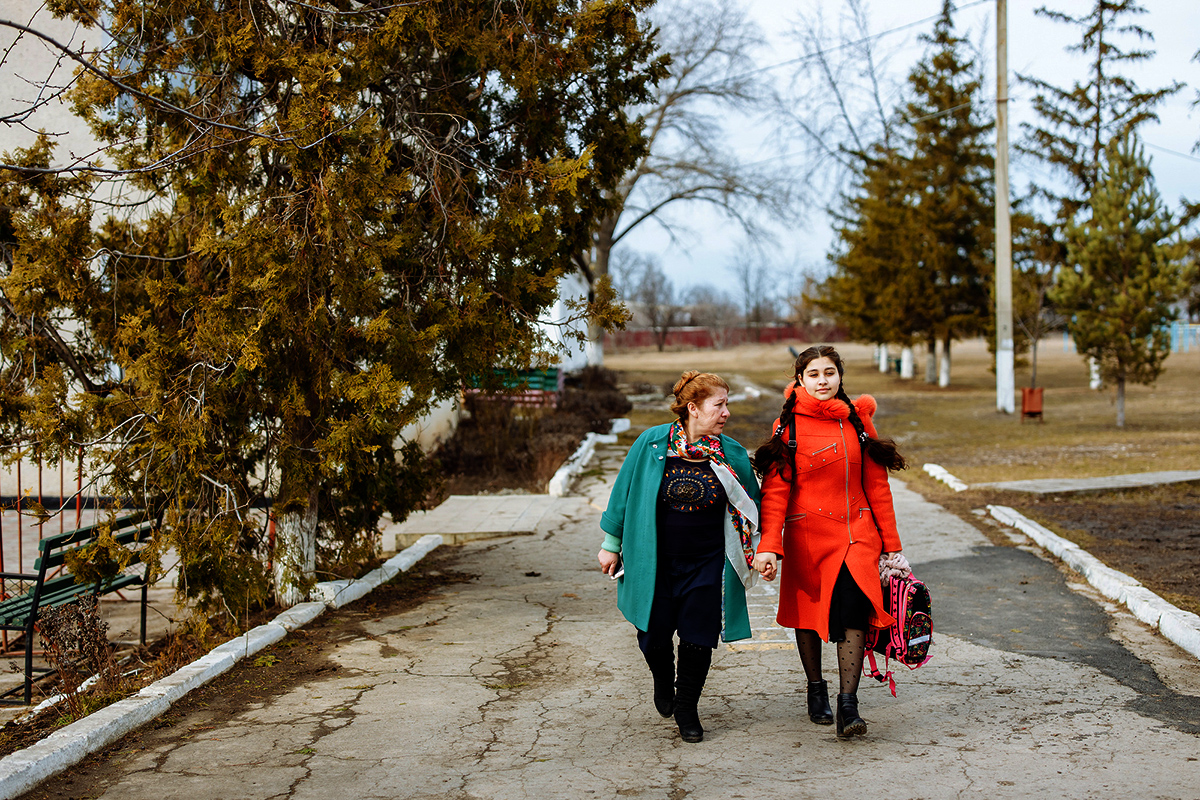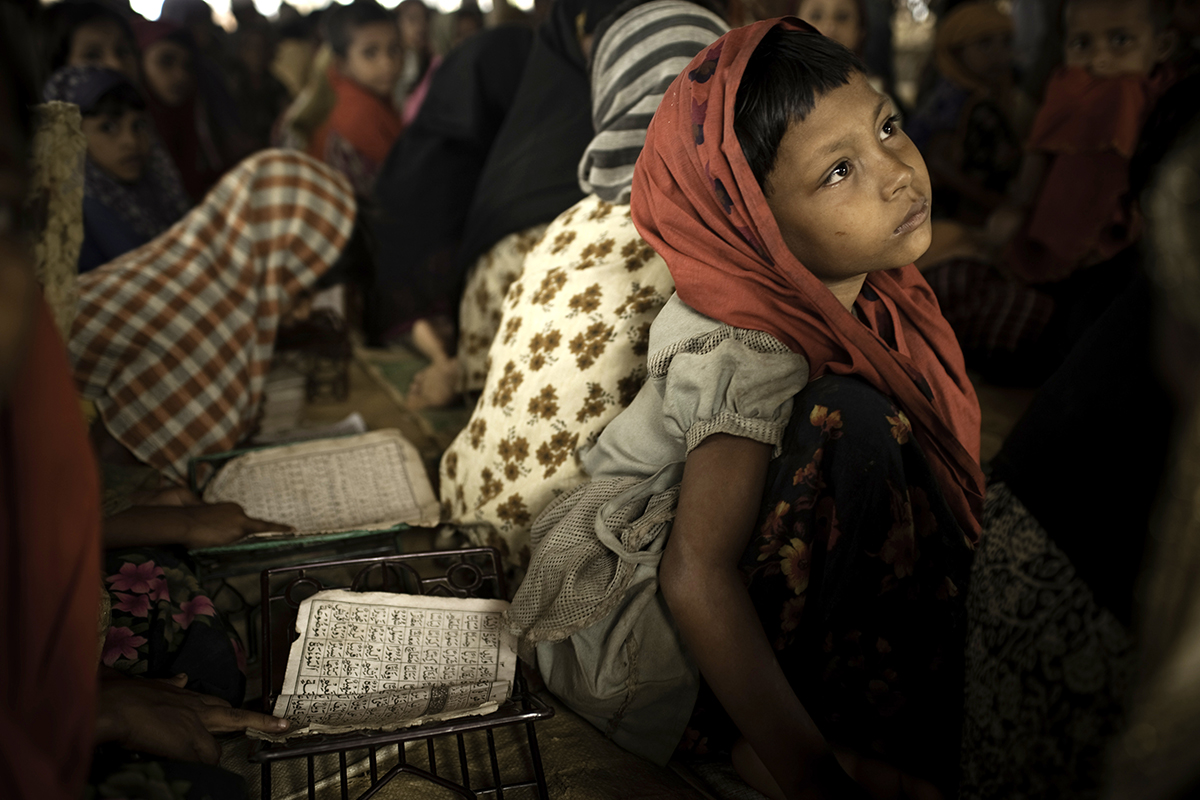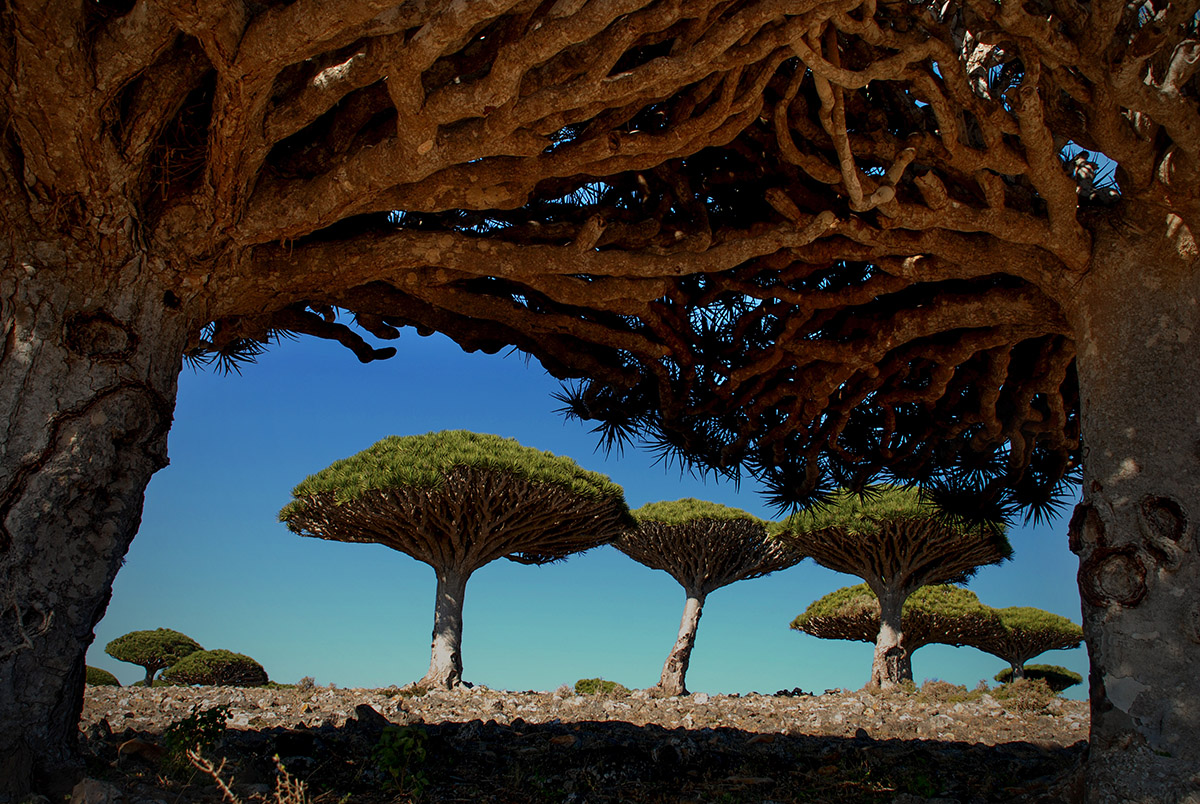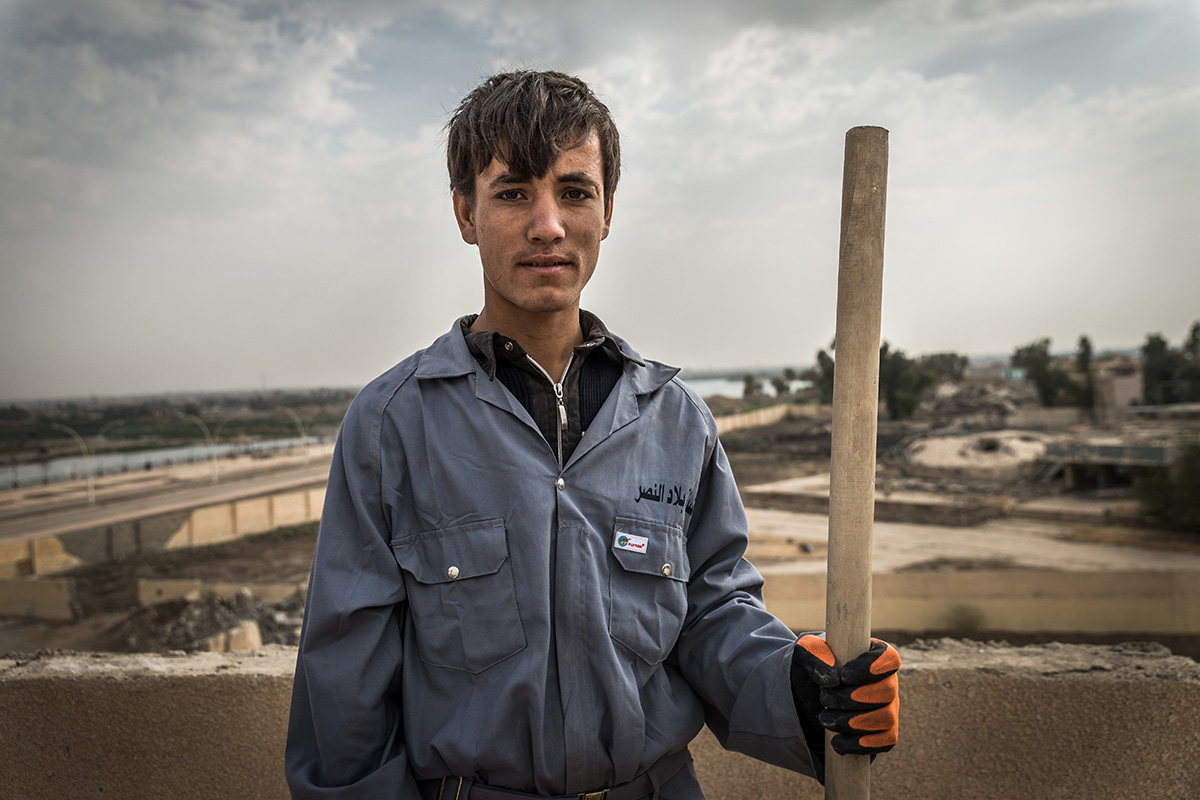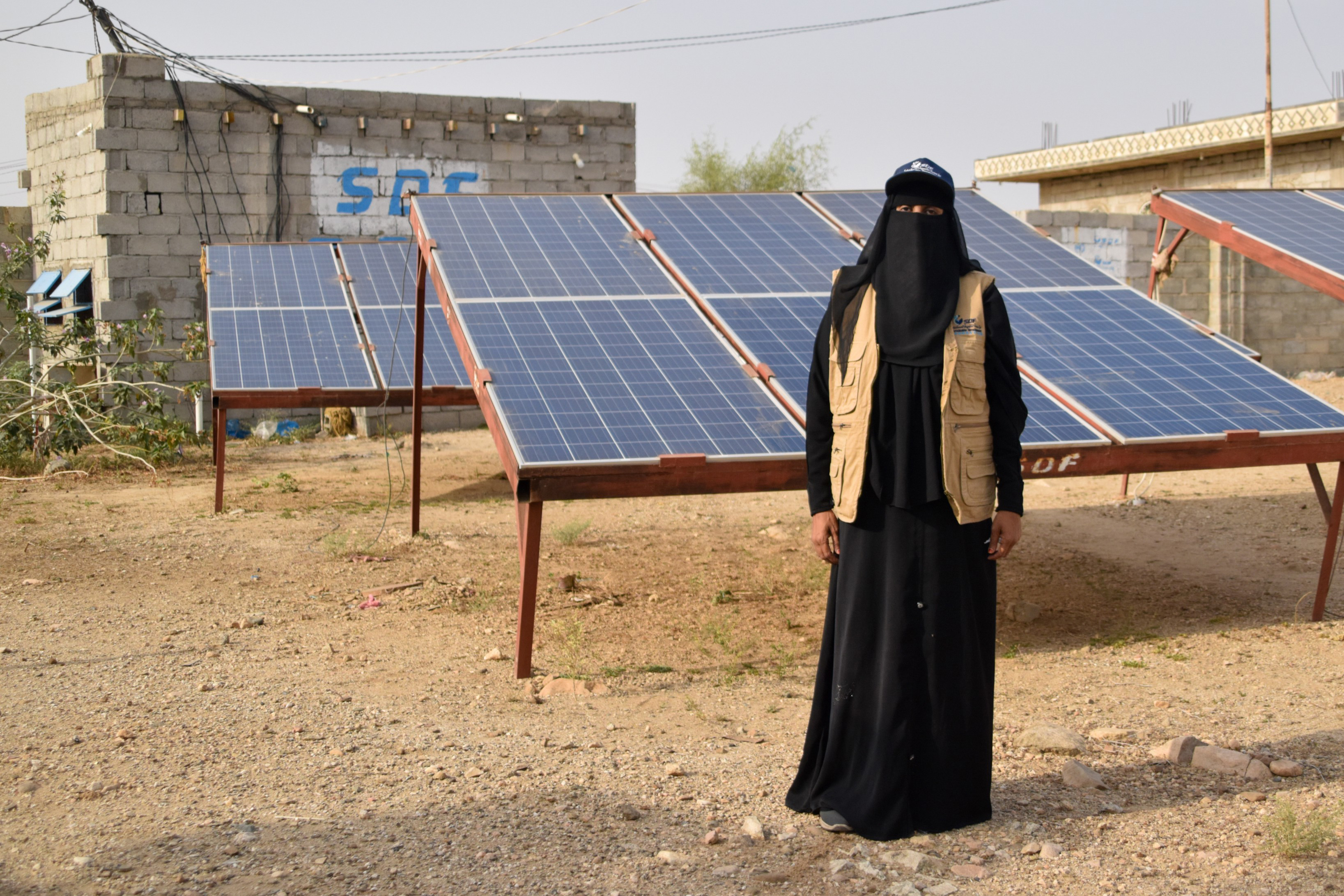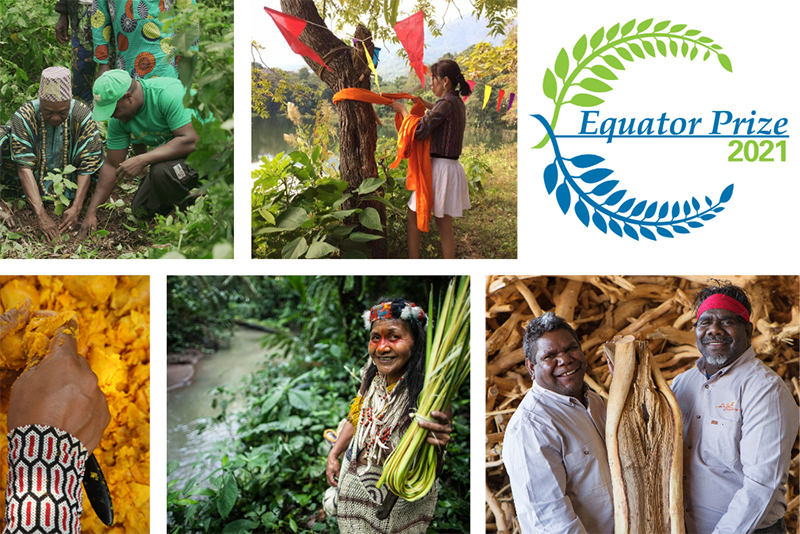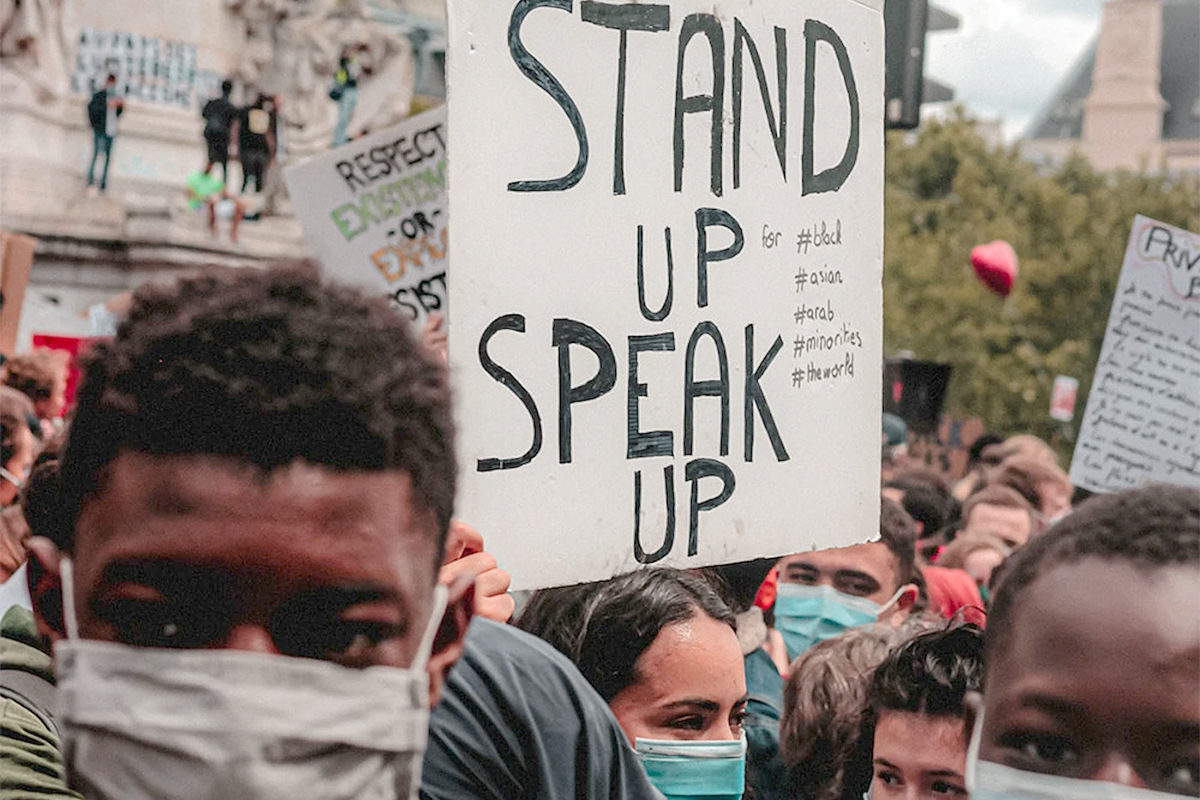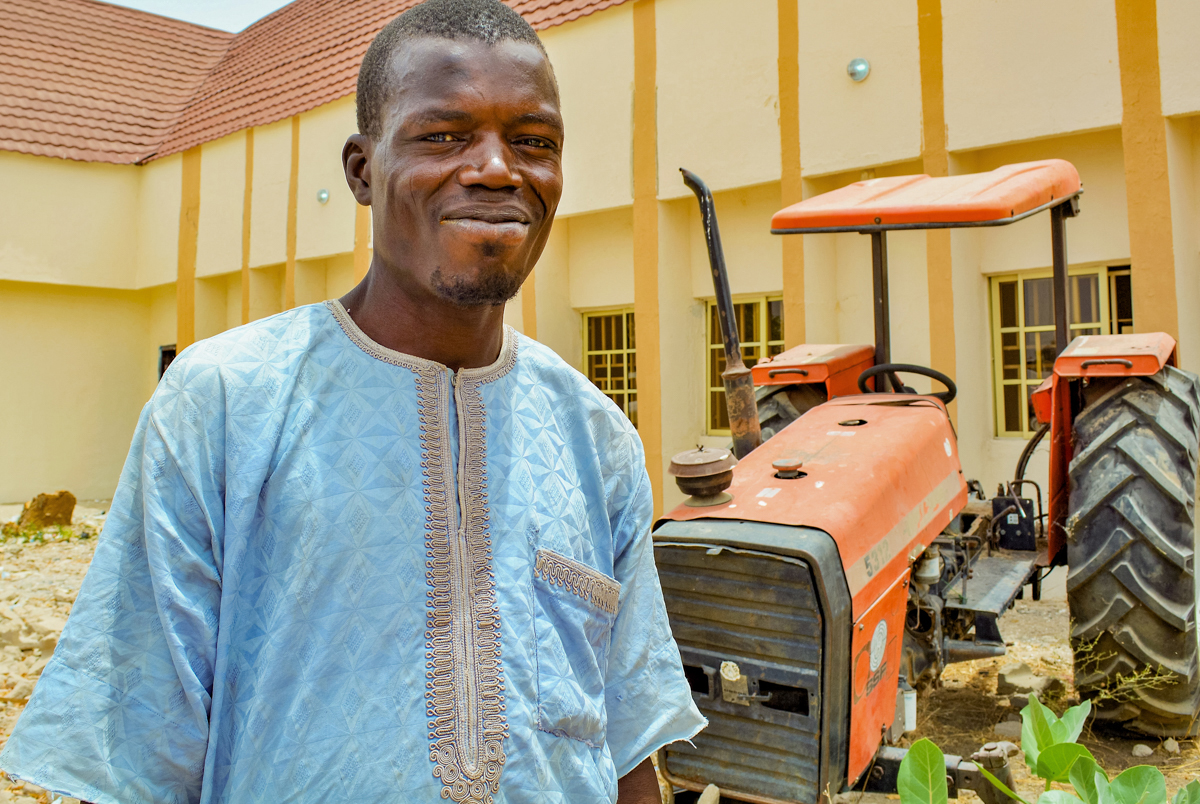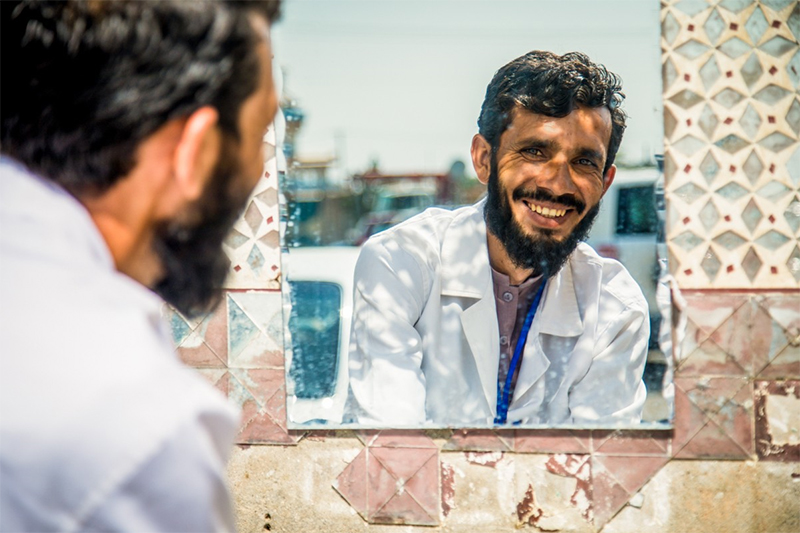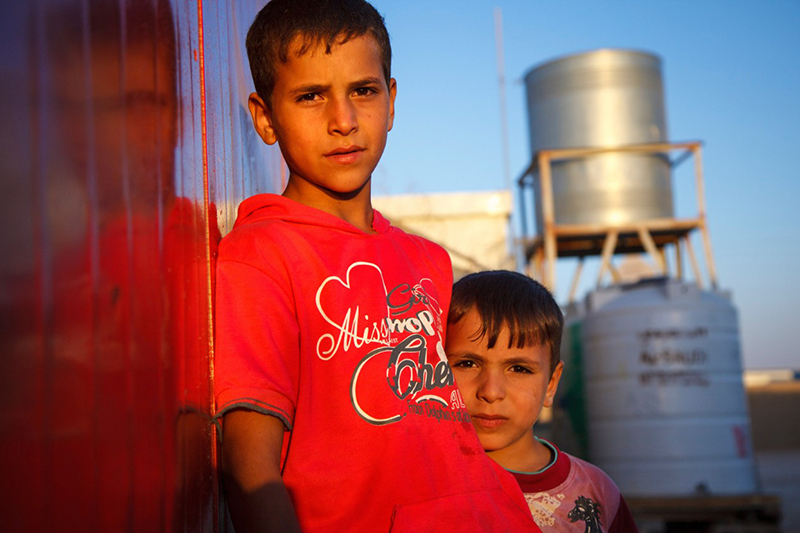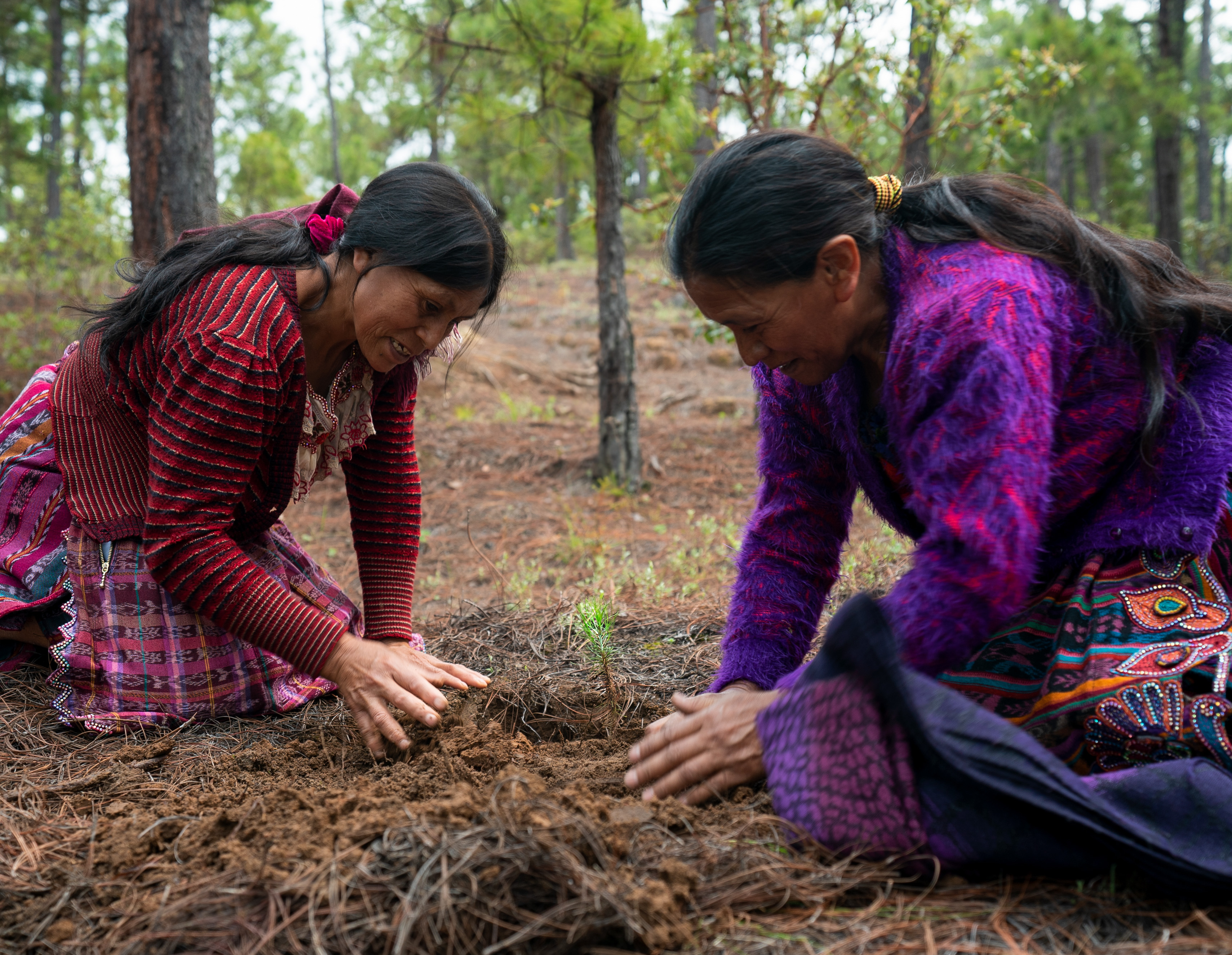Scientists have developed safe and effective COVID-19 vaccines much faster than was first predicted. However, that progress will be in vain if we cannot ensure they are made quickly available for everybody, everywhere. This requires a combination of urgency, political will, technology, money, and manufacturing, logistical and administrative capacity. UNDP is committed to working closely with the UN family and partners to ensure everybody receives a COVID-19 vaccine as quickly as possible. Not only is it the right thing to do, it also makes economic sense.
UNDP
UNEP reports on Madrid’s drive to connect a series of existing woodlands, creating a 75km-long green belt around the city. Once complete, the forest will cover 35,000ha. It will help the city improve its air quality, counter climate change, and create a wealth of recreational opportunities for residents.
The area surrounding the Yacuambi river basin located in the southern Ecuadorian province of Zamora-Chinchipe harbors some of the last remnants of primary forest between the Andes and the Amazon. A cooperative called APEOSAE (Small organic agricultural exporters of the Southern Ecuadorian Amazon) was born out of a desire to move from producers to entrepreneurs and to increase revenues and market access. It unites local farmers, many of whom are women and members of the indigenous Shuar and Saraguro Kichwa communities. They mainly cultivate organic coffee, cocoa and plantain. Jorge Kuji, an indigenous Shuar, is overlooking the drying process, considered the most important stage of coffee production since it affects the final quality of the product.
After more than a decade of gains against poverty, the number of poor people in Myanmar could double as a result of the combined impacts of the COVID-19 pandemic and the ongoing political crisis, according to new research by the UNDP. The study, entitled “COVID-19, Coup d’état and Poverty: Compounding Negative Shocks and their Impact on Human Development in Myanmar” warns that, if unchecked, the combined effect of these two crises could push up to 12 million people into poverty.
The Dragon’s Blood tree, seen here, endemic to Socotra, is a tourist attraction. Socotra, south of the Arabian Peninsula, means “island abode of bliss” in Sanskrit. It is a hub for international holiday makers enjoying the breathtaking landscape and fascinating fauna, and diving, snorkeling, and trekking. When Yemen’s war broke out in March 2015, the island’s economy was devastated. Mother Nature has also recently been unkind, with severe water scarcity particularly in rural areas, and devastating cyclones. In partnership with the World Bank, UNDP, the Social Fund for Development (SFD) and our partners in Socotra’s communities, continue to work toward a brighter future for this isolated paradise.
A Yemeni woman improves lives and changes minds
The UNDP-led Equator Initiative announces its global call for nominations for the Equator Prize 2021. Nominations are open through 10 May 2021.
Twenty first century problems cannot be tackled with 20th century institutions. There’s a growing gap between the interconnected, structural, and increasingly unpredictable and complex challenges we are facing. The climate emergency, the lack of trust in institutions, growing levels of inequality, particularly for women, highlight the need for change. UNDP calls for new policies grounded in humility that acknowledge that radical uncertainty is now our reality and that it can only be tackled with deep and wide-ranging systemic change.
Bold new mechanisms are urgently needed to help low- and middle-income countries address crippling debt, sharply worsened by the COVID-19 pandemic, threatening vital investment to tackle poverty and climate change for years to come, the United Nations Development Programme (UNDP) says in a new report. The report, Sovereign Debt Vulnerabilities in Developing Economies, analyses debt vulnerability across 120 low- and middle-income economies to identify which are most at risk. It classifies 72 economies as “vulnerable,” of which 19 are “severely vulnerable.” Based on measures of sustainable debt thresholds and ratios, it concludes that debt vulnerabilities for these countries will likely remain elevated for years and not return to pre-pandemic levels before 2024-2025.
It has been an immensely challenging year for governments, which have been scrambling to contain the spread of the virus while also managing the economic fallout, supporting workers, and ensuring continuity of schooling for children. At the same time, the climate crisis has not gone away, nor has the soaring gap between rich and poor. In fact, these existing challenges have been magnified by the pandemic. Despite the gloom, there’s some good news; with the right choices, governments can address all of these crises at once, by making the transition to low-carbon, green economies. The International Labour Organization (ILO) estimates that the move to low-carbon, greener economies has the potential to create 60 million jobs by 2030.
Vulnerable people around the world affected by tuberculosis (TB) cannot wait any longer for quality testing, treatment and care. According to the Stop TB Partnership, COVID-19-related disruptions for TB services have reversed nearly 12 years of progress against the deadly infectious disease. Marginalized groups, such as refugees and mobile populations with limited access to health care, are bearing the brunt of these overlapping crises. UNDP is working to address the urgent threat of TB and remove barriers to care and prevention among Afghan refugees.
On the eve of the fifth Brussels conference for Syria, the United Nations humanitarian, refugee and development chiefs have urged international donors to step up and stand with the millions of people in Syria and the region who depend on life-saving humanitarian aid and livelihood support after a decade of war. With the added impact of COVID-19, there is no respite for civilians in Syria. They face increasing hunger and poverty, continued displacement and ongoing attacks. Today 24 million people need humanitarian or other forms of assistance in Syria and the region, four million more than in 2020.
With rampant destruction of forests, it is not bold to say that the lungs of the Earth are sick. In Guatemala, members of the Utz Che' Community Forestry Association are part of the solution. As the forest provides livelihoods for villagers, Utz Che' communities plant trees to improve their lives. Nearly 2,500 hectares of land are marked for reforestation and more than 30,000 trees have been planted. In 2020, Utz Che' was awarded UNDP’s Equator Prize for its community-led conservation work through nature-based solutions.

